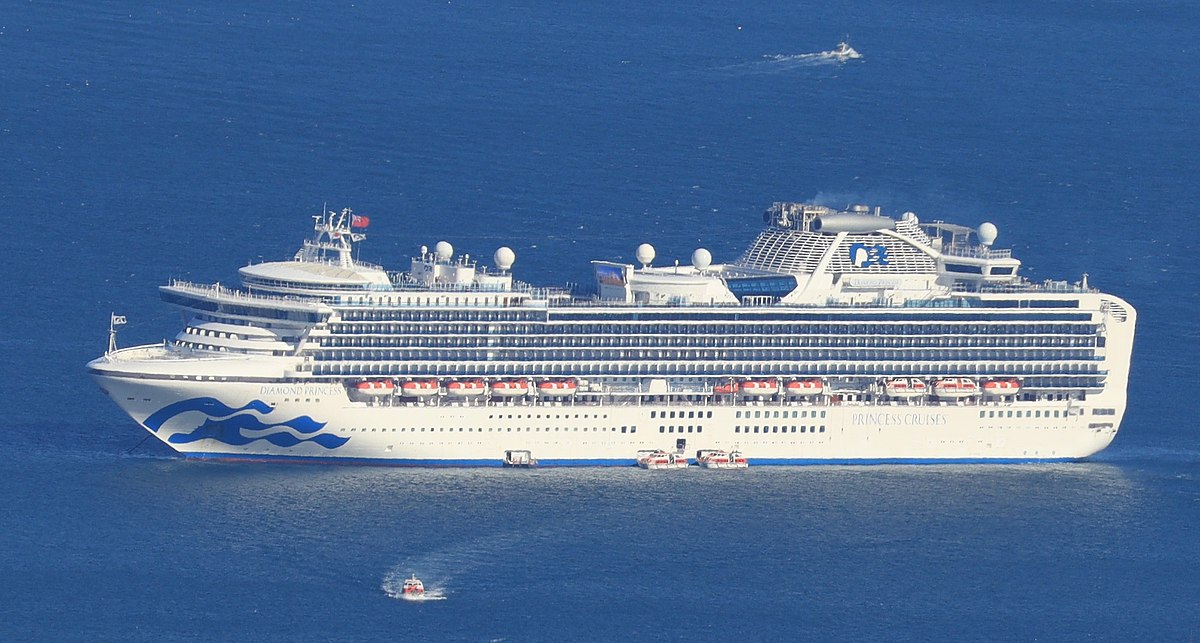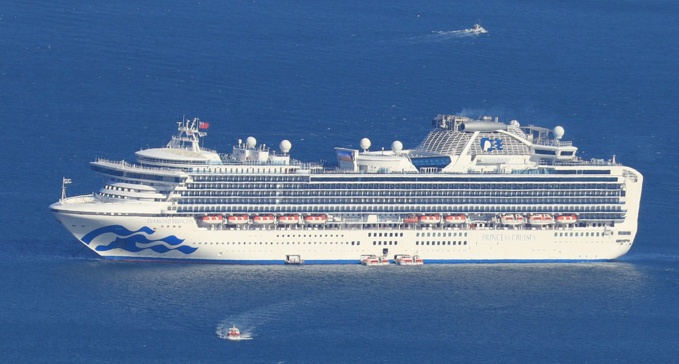On Tuesday, the Carnival cruise company announced its intention to raise additional financing totaling $ 6 billion. The company intends to issue three-year bonds worth $ 3 billion to provide part of its cruise fleet, and plans to raise another $ 1.75 billion by issuing bonds convertible into its shares. In addition, it will issue shares of $ 1.25 billion. In mid-March, Carnival already applied for a loan of $ 3 billion, which was supposed to help cope with the suspension of operations due to the coronavirus epidemic.
The cruise business may be among those that will be particularly affected by the coronavirus pandemic. The Economist notes that besides the fact that it’s very difficult time for operators now, the consequences for them can be more serious and lasting than the consequences for air or travel companies in general. During the epidemic, several cruise ships, including Diamond Princess operated by Carnival, became notorious because of the quarantine announced on them during the voyage and hundreds infected on board.
Most of the sales of cruise companies falls on the first three months of the year. In 2020, they received almost no revenue during this period.
Shares of the three largest cruise operators - Carnival, Royal Caribbean and Norwegian, which account for 80% of the total market - fell by 70–80%.
For comparison, airline stocks fell by an average of 60%, and US stocks in general - by 30%.
According to Richard Clarke, an analyst with Bernstein research, cruise reporters were often harmed by noroviruses, and the coronavirus epidemic could reinforce the notion that people “embarking on a cruise could fall ill and be trapped in the middle of the open sea.” Moreover, there are many elderly passengers among cruise ship passengers: according to the International Association of Cruise Lines, about a third of vacationers on cruises are over 60 years old. Elderly people, as predicted, can now be more careful about cruises, and this type of travel is not very popular among young people. The combination of these facts may well lead to the fact that the cruise market simply will not recover from the crisis.
source: economist.com
The cruise business may be among those that will be particularly affected by the coronavirus pandemic. The Economist notes that besides the fact that it’s very difficult time for operators now, the consequences for them can be more serious and lasting than the consequences for air or travel companies in general. During the epidemic, several cruise ships, including Diamond Princess operated by Carnival, became notorious because of the quarantine announced on them during the voyage and hundreds infected on board.
Most of the sales of cruise companies falls on the first three months of the year. In 2020, they received almost no revenue during this period.
Shares of the three largest cruise operators - Carnival, Royal Caribbean and Norwegian, which account for 80% of the total market - fell by 70–80%.
For comparison, airline stocks fell by an average of 60%, and US stocks in general - by 30%.
According to Richard Clarke, an analyst with Bernstein research, cruise reporters were often harmed by noroviruses, and the coronavirus epidemic could reinforce the notion that people “embarking on a cruise could fall ill and be trapped in the middle of the open sea.” Moreover, there are many elderly passengers among cruise ship passengers: according to the International Association of Cruise Lines, about a third of vacationers on cruises are over 60 years old. Elderly people, as predicted, can now be more careful about cruises, and this type of travel is not very popular among young people. The combination of these facts may well lead to the fact that the cruise market simply will not recover from the crisis.
source: economist.com



















